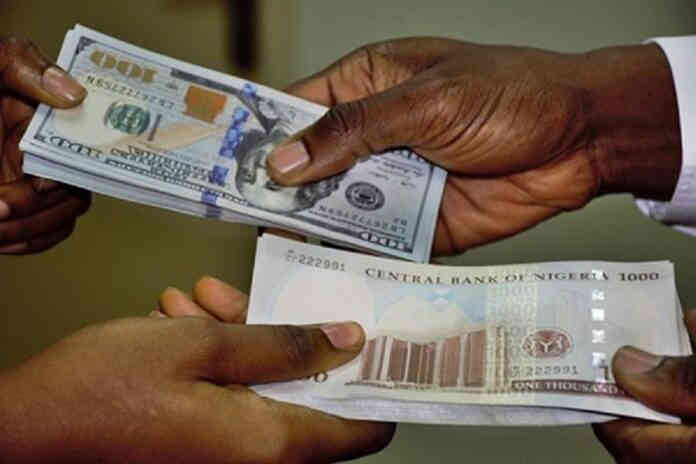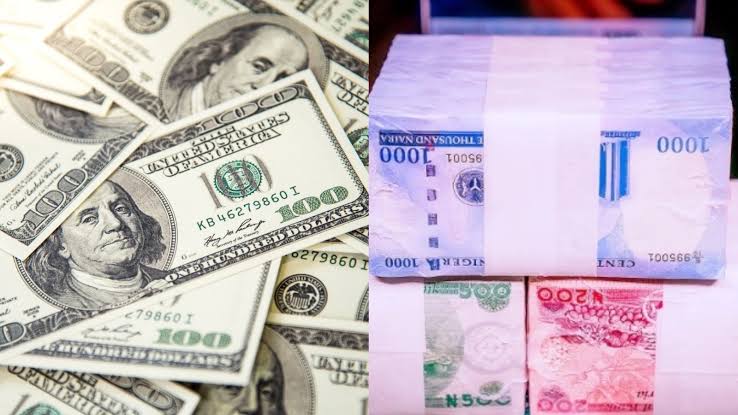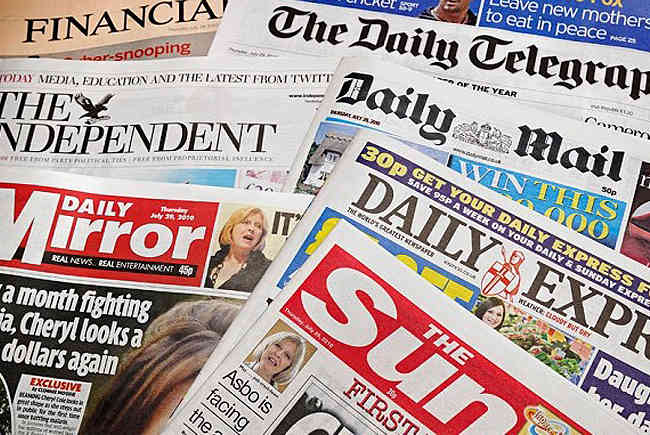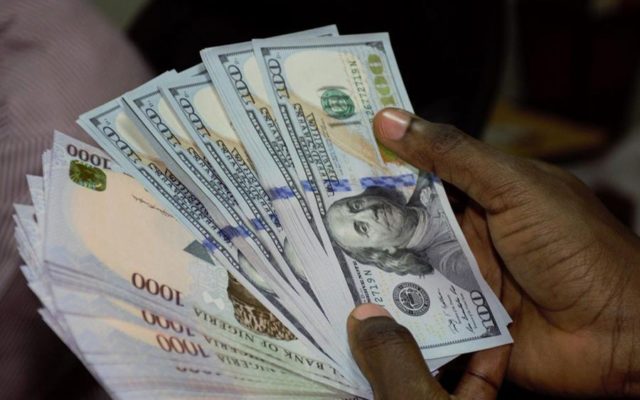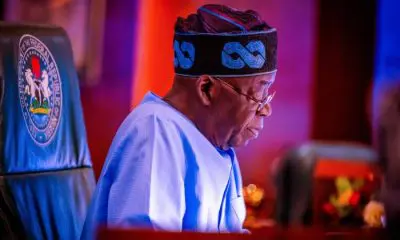The Naira to Dollar exchange rate has crashed at the official windows amidst Tinubu’s financial policies.
The exchange rate between the naira and the dollar experienced a significant decline, reaching N702/$1 at the close of trading on Thursday, June 15th, 2023, at the official Investor and Exporter window. This information is based on data provided by the FMDQ, where traders officially sell the exchange rate.
This particular trading day marked the first full day of trading following new operational changes introduced by the central bank to the Foreign Exchange Market. These changes granted traders the freedom to engage in trading based on market-determined prices.
Naira to dollar exchange at official rate
According to information obtained by Ejes Gist News Nigeria, the closing rate for the day was N702.19/$1, with opening trades starting at N658.5/$1. The highest rate reached during the day was N791/$1, indicating that the exchange rate reached that price point during trading. On the other hand, the lowest rate observed during the day was N461/$1.
Dollar to Naira black market exchange rate today June 16, 2023 | Aboki Exchange rate
Nigerian Newspapers headlines for today Friday, June 16, 2023: 10 things you need to know
The total turnover for the day was slightly lower at $70 million compared to the $193.3 million traded the previous day. The trading volume remains relatively small, impeding the full development of price discovery.
Dollar to Naira exchange rate on Wednesday
The naira depreciated by 5.4%, as reported by Ejes Gist News Nigeria on Wednesday, with the closing rate at N664/$1. This rate is still approximately N70 lower than the black market rate, which reached as high as N776/$1 for inflows. Meanwhile, on the P2P lending website, Binance, cryptocurrencies were bought and sold at an average price of N763-N764/$1.
Inflation rate in Nigeria
Additionally, Nigeria’s inflation rate continued to rise, reaching 22.41% for the month of May compared to 22.22% in April. Food inflation remained a significant contributor, rising by 24.82% year on year. Core inflation, which excludes volatile food inflation, also increased to 20.06%. Of concern is the month-on-month inflation rate, which spiked sharply at 1.94%, surpassing the previous record of 1.9%. Rising inflation is seen as a major factor contributing to currency depreciation, indicating that the exchange rate may continue to depreciate until Nigeria achieves a more moderate inflation rate.
Goldman Sachs Report
A report from global investment banking group Goldman Sachs emphasized the need for higher interest rates in Nigeria due to the rising inflation. While acknowledging the positive impact of the new operational changes in the foreign exchange market, the report highlighted the necessity of higher interest rates to mitigate the risk of negative real returns when adjusted for inflation. Additionally, the report mentioned that the government must address the pent-up demand for forex amounting to $12 billion, which is crucial for currency unification.
As the new currency regime enters its second day of implementation, market analysts anticipate further volatility as the market continues its quest for price discovery.

